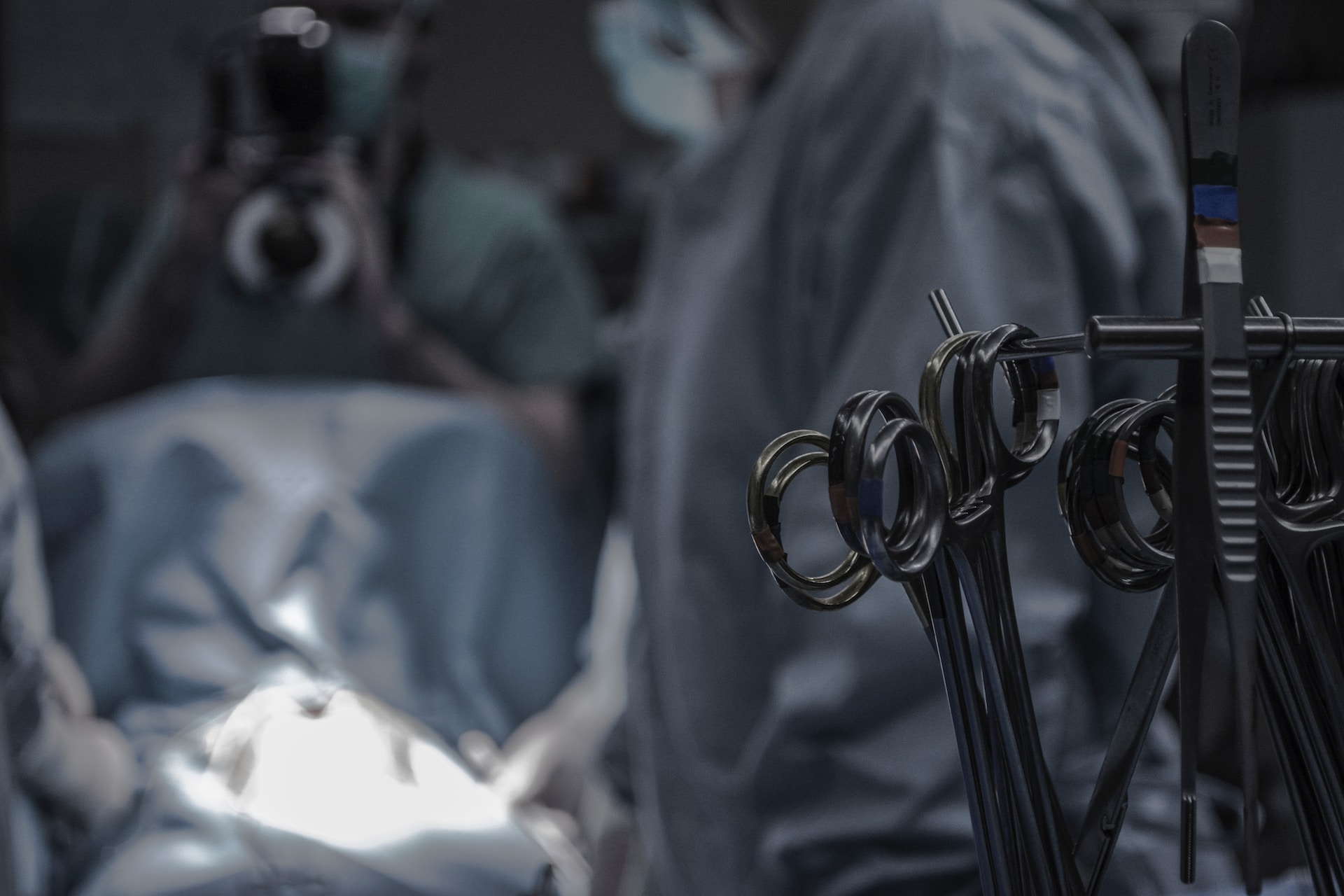Surgical site infection (SSI) is an infection that happens after surgery. It can affect the skin, tissues, organs, or implanted devices. SSI can cause many problems, such as:
- Pain and discomfort
- Delayed healing
- Additional surgeries
- Death
SSI is common and costly. It is the most frequent type of healthcare-associated infection in low- and middle-income countries, and the second most frequent in high-income countries. It also increases the length of hospital stay, the risk of readmission, and the use of antibiotics. SSI costs between $3.5 billion and $10 billion annually in the United States.
But SSI is also preventable. You can reduce the risk of SSI by following some simple steps before, during, and after surgery. In this article, we will show you how.
According to the World Health Organization (WHO) and the Centers for Disease Control and Prevention (CDC), the most common types of surgical site infections are:
- Superficial incisional SSI. This infection occurs just in the area of the skin where the incision was made. It may produce pus from the wound site and cause redness, pain, or swelling.
- Deep incisional SSI. This infection occurs beneath the incision area in the muscle and the tissues surrounding the muscles. It may also produce pus and cause the wound site to reopen or require surgical intervention.
- Organ or space SSI. This infection can affect any area of the body other than the skin, muscle, and surrounding tissue that was involved in the surgery. This includes a body organ or a space between organs. It may show a discharge of pus from a drain placed through the skin into a body space or organ, or a collection of pus called an abscess.
These types of surgical site infections can vary in severity and duration, depending on the type of surgery, the type of bacteria, and the patient’s condition. They can cause complications such as delayed healing, additional surgeries, and even death. Therefore, it is important to prevent and treat them promptly.
How to Avoid Surgical Site Infection Before Surgery
Before surgery, you should prepare yourself for a safe and successful operation. Here are some things you can do:
- Check for infections. Tell your doctor if you have any infections, such as urinary tract infections, respiratory infections, or skin infections. You may need to get treatment before surgery. You should also tell your doctor if you have any chronic conditions that may affect your immune system, such as diabetes, cancer, or HIV.
- Eat well and control your blood sugar. Eat a balanced diet and drink enough water before surgery. If you have diabetes, check your blood sugar levels and take your medication as prescribed. High blood sugar levels can make it harder for your wound to heal and increase the risk of infection.
- Quit smoking. Stop smoking at least four weeks before surgery. Smoking can make your blood vessels narrower, reduce the oxygen in your blood, and weaken your immune system. These can slow down your wound healing and increase the risk of infection.
- Clean your skin. Shower or bathe with an antiseptic soap (such as chlorhexidine) on the night before or the morning of surgery. This can kill some of the bacteria on your skin and prevent them from entering your wound.
- Don’t shave. Don’t shave or remove hair from the area where you will have surgery unless your doctor tells you to. Shaving can irritate your skin and create small cuts that can get infected. If you need to remove hair, use electric clippers or a cream right before surgery.
How to Avoid Surgical Site Infection During Surgery
During surgery, your doctor and the surgical team will do their best to prevent contamination and infection of your wound. Here are some things they will do:
- Use sterile instruments and equipment. They will use sterile instruments and equipment for each surgery, and clean and disinfect them between surgeries. They will also avoid touching anything that is not sterile or part of the sterile field.
- Wear protective gear. They will wear gloves, gowns, masks, eye protection, and head coverings to prevent contact with blood, body fluids, or contaminated materials. They will also change their gear when it gets dirty or damaged.
- Keep it clean. They will keep a clean and quiet environment in the operating room to reduce air contamination. They will also avoid touching anything that is not sterile or part of the sterile field.
- Give you antibiotics. They will give you antibiotics before or during surgery to prevent bacterial growth in your wound. They will choose the right type, dose, and duration of antibiotics based on the type of surgery, the likely bacteria, and local resistance patterns. They will also stop giving you antibiotics within 24 hours after surgery (or 48 hours for heart surgery).
- Use good surgical techniques. They will use good surgical techniques to minimize damage to your tissues, blood loss, and foreign body retention. They will also use drains, sutures, and dressings carefully, and remove them as soon as possible.
- Give you extra oxygen. They may give you extra oxygen during surgery to improve oxygen delivery to your tissues and wound healing. This may be especially helpful for colorectal surgery. But extra oxygen may also have some side effects, such as lung injury or infection. So, they will weigh the pros and cons carefully.
How to Avoid Surgical Site Infection After Surgery
After surgery, you should take care of your wound and watch for signs of infection. Here are some things you can do:
- Keep your wound clean and dry. Follow your doctor’s instructions on how to change or remove your dressing. Don’t touch or scratch your wound, and report any signs of infection to your doctor. Signs of infection include:
- Redness
- Swelling
- Pain
- Pus
- Fever
- Take your antibiotics. If you received antibiotics during surgery, take them for the prescribed time. Don’t stop them early or take them longer than necessary. Taking antibiotics for too long or too short can make the bacteria resistant or cause the infection to come back.
- Get moving. Resume your normal activities as soon as possible after surgery, unless your doctor tells you otherwise. Physical activity can improve your blood flow, oxygen delivery, and immune system. These can help your wound heal and prevent infection.
- Eat healthy. Eat a healthy diet that provides enough protein, calories, vitamins, minerals, and fluids for wound healing and infection prevention. Avoid alcohol and tobacco, which can impair your wound healing and increase your risk of infection.
Summary
SSI is an infection that happens after surgery. It can cause many problems, such as pain, discomfort, delayed healing, additional surgeries, and death. Surgical Site Infection is common and costly, but it is also preventable. You can reduce the risk of SSI by following some simple steps before, during, and after surgery.
Here are the main points to remember:
- Before surgery, check for infections, eat well and control your blood sugar, quit smoking, clean your skin, and don’t shave.
- During surgery, your doctor and the surgical team will use sterile instruments and equipment, wear protective gear, keep it clean, give you antibiotics, use good surgical techniques, and give you extra oxygen.
- After surgery, keep your wound clean and dry, take your antibiotics, get moving, and eat healthy.
We hope you found this article helpful and informative. If you have any questions or comments, please feel free to share them with us. Thank you for reading.





